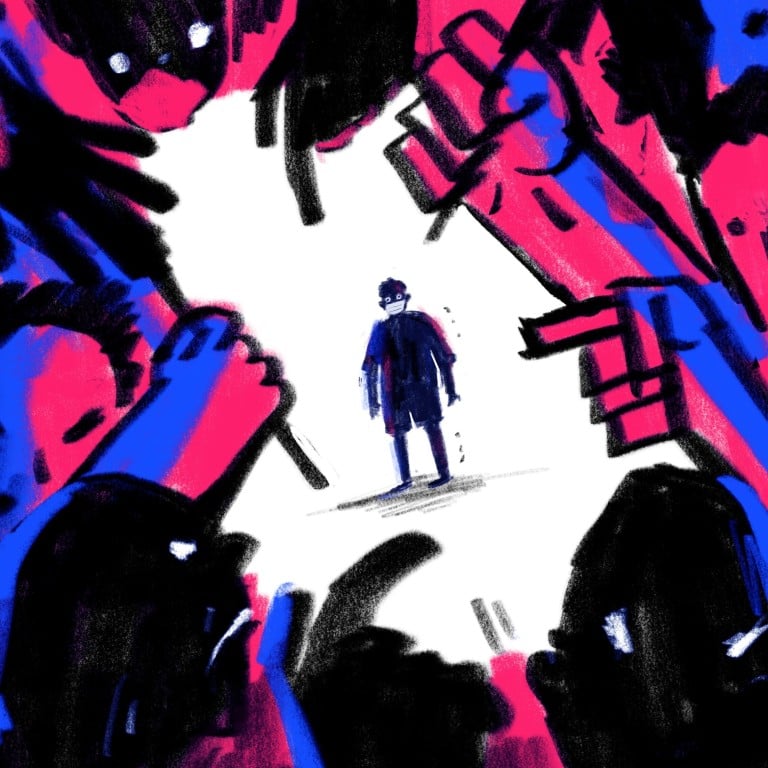
Hong Kong child abuse cases rise sharply during Covid-19 pandemic, some parents stressed by job, money worries, experts say
- More reports of children falling victim to physical, mental and sexual harm, as well as neglect
- School closures have prevented teachers, social workers from spotting signs of abuse earlier
When a three-year-old boy showed up with fingernail marks all over his swollen legs last month, his kindergarten teacher noticed immediately.
A medical examination confirmed her suspicion, that the boy was a victim of child abuse.
He has attention deficit hyperactivity disorder (ADHD), and has problems paying attention or sitting still, and lacks self-control.
His mother used to take care of him at home while his father worked as a driver. But the parents switched roles about two months ago, when the father lost his job and had trouble finding work.
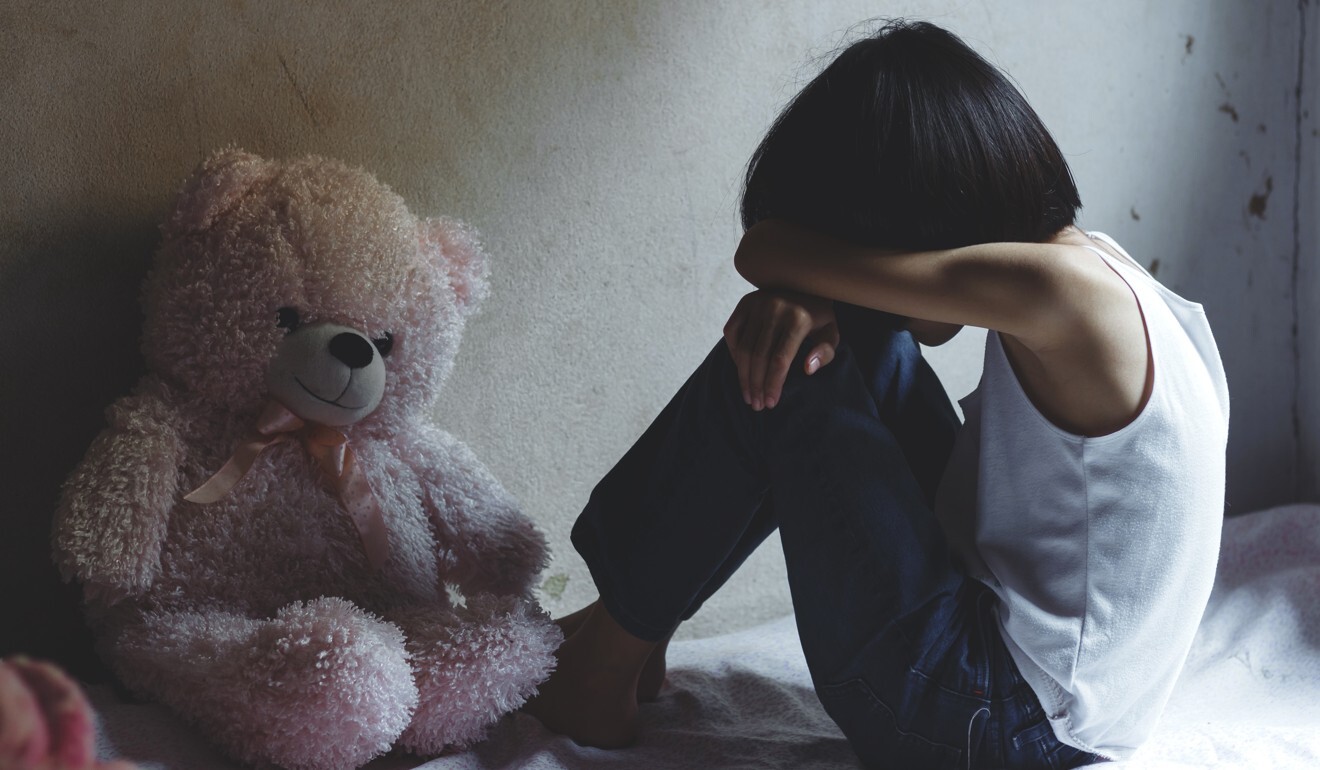
So the mother started working part-time in a shop to make ends meet, while the boy stayed home with his father.
The father had never spent so much time with his son, and the child’s hyperactivity sometimes made him snap. He started beating the boy. The mother knew, but did not tell anyone.
“During the pandemic, the job and income losses, the change in family roles, and the special needs of the child – all these led to the abuse,” says Carmen Chan Lai-fong, service director of the Hong Kong Society for the Protection of Children, which is working with the Social Welfare Department on the case.
Police are investigating, while the mother and her son have been moved to a safe place.
Failure to report child abuse in Hong Kong could put adults in jail
The department’s Child Protection Registry recorded 279 child abuse cases in the first three months of this year, up more than two-thirds from 166 during the same period last year.
Physical abuse figured in 113 of this year’s cases, followed by sexual abuse (86), neglect (67), multiple abuse (10) and psychological abuse (three).
Number of child abuse cases hits 14-year high, activists urge action
Around two in three victims were girls. About three in five abusers were parents, while the rest included schoolmates, friends, peers, strangers and others.
The registry recorded a total of 940 child abuse cases last year, a fall from 1,006 in 2019.
Police have also warned that many child abuse cases might be hidden during the pandemic.
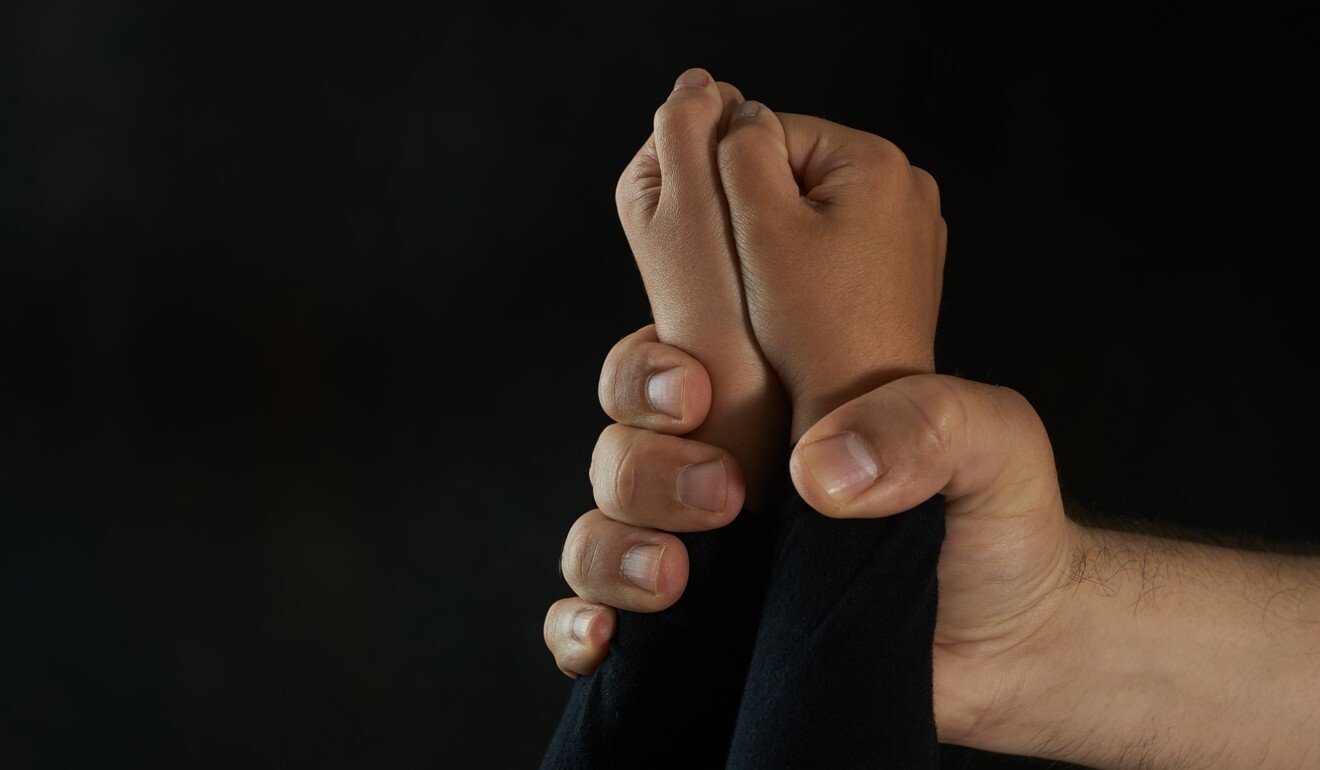
Child abuse cases explode amid Covid-19
Take the case of a brother and sister who stopped showing up for their kindergarten online classes last November.
It was about a week before a teacher noticed that both were missing, became concerned and called the Hong Kong Society for the Protection of Children.
Social workers who went to the home found the place dirty and messy, and the children had not eaten a proper meal for days.
Their mother, a single parent in her 20s, has depression but had stopped her regular hospital visits for fear of contracting the coronavirus.
Without her medication, her condition deteriorated, making her unable to take care of the children. The family gets by on the government’s Comprehensive Social Security Assistance monthly allowance.
It was classified as a case of neglect and the children were moved to a residential care home until their mother’s condition improves and she can care for them again.
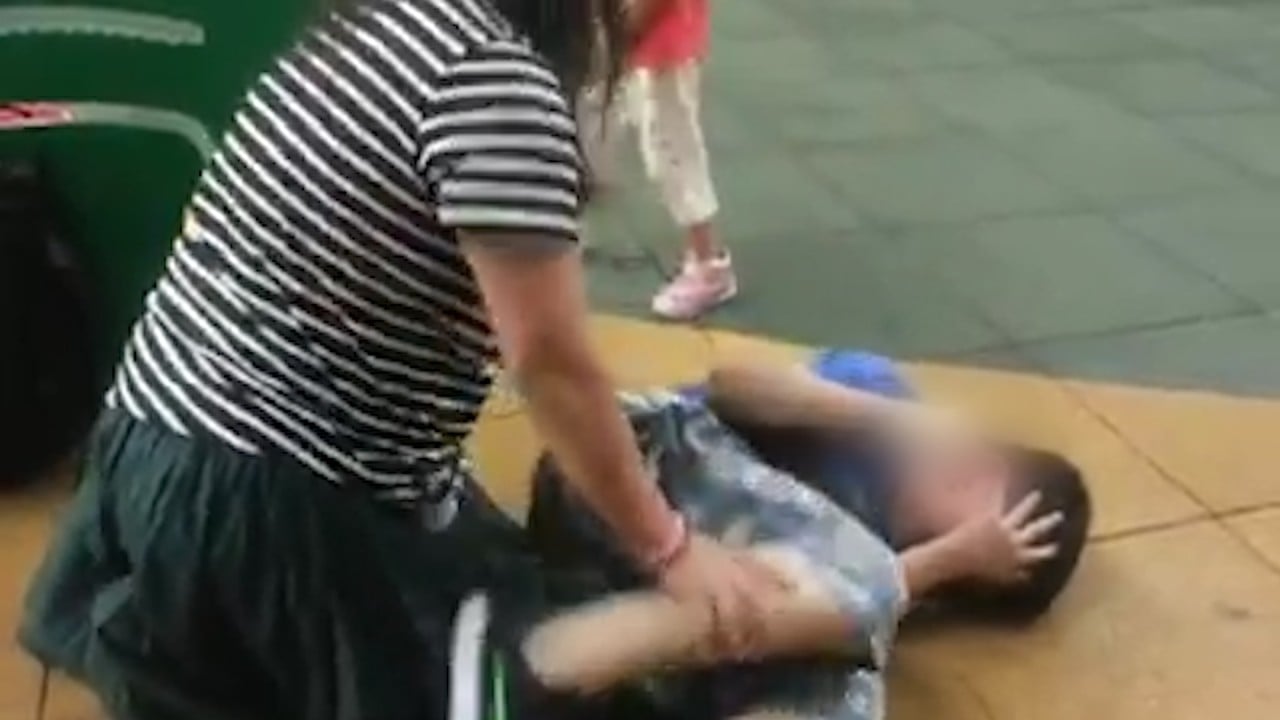
00:16
Video clip of child abuse in Hong Kong
Chan says many abuse cases went unnoticed during school closures, when teachers were unable to spot signs of abuse on children and call for help.
The society has 12 social workers who visit 24 pre-primary centres, including kindergartens and child care centres two days a week.
But they had to switch to making phone calls and home visits when schools were closed, and the lack of early identification and intervention had an effect.
“Many abuse cases were already very serious when they were exposed,” she says.
As soon as schools reopened earlier this year, the number of reported child abuse cases exploded. Chan says the number of cases involving children aged two to six in the first half of this year has already exceeded the number for the whole of 2020.
Child abuse in Hong Kong escalating because of pandemic: expert
She says parents have faced great financial pressure as a result of job and income losses, while children have been deprived of social activities during the pandemic.
For some, the stress has resulted in more conflict and even violence at home. There have also been cases of working parents leaving their children to grandparents during school closures, leading to conflict and abuse.
Lam Kam-fong, team leader of the school social work unit of the Hong Kong Federation of Youth Groups, which works with 30 secondary schools, says the number of suspected abuse cases it received involving students went up during the 2020-21 academic year from the year before.
Most of the cases involved physical and sexual abuse, and the abusers included parents, family members, carers, friends, and strangers, she says.
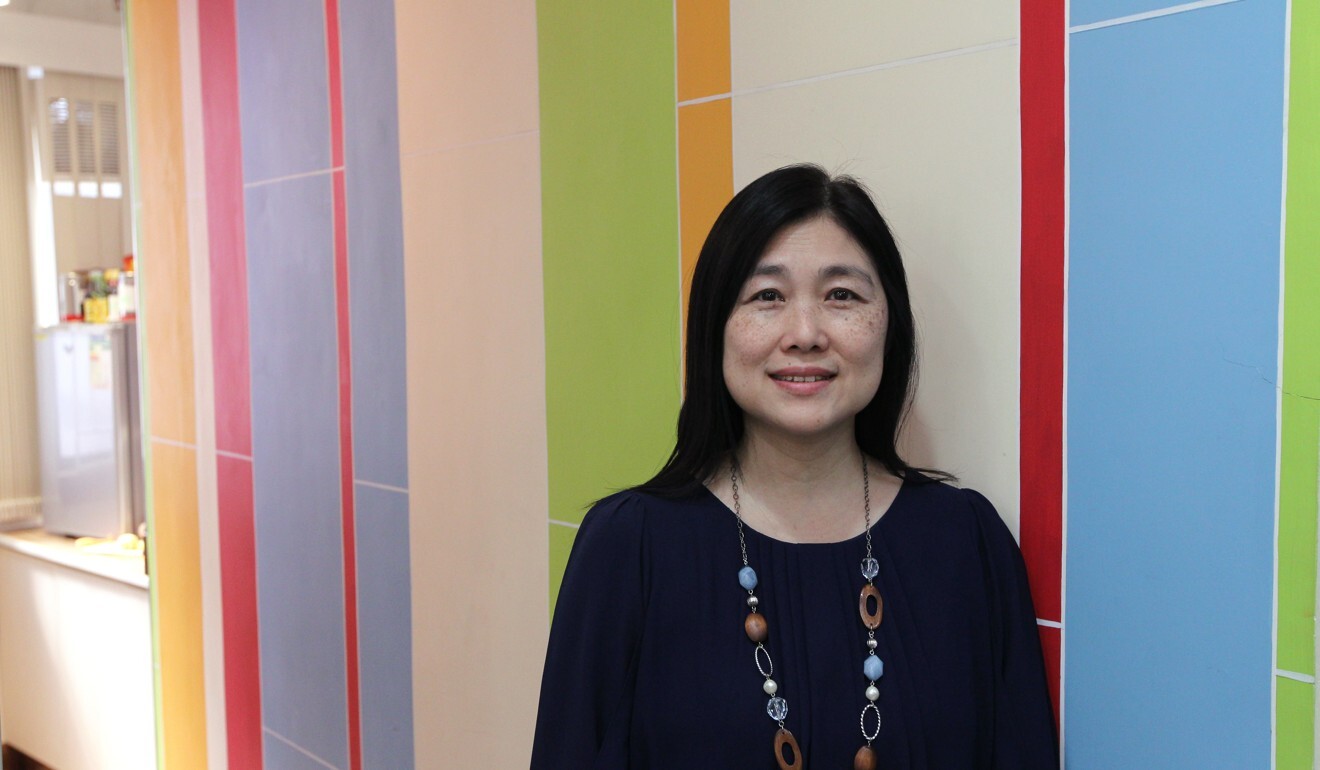
Donna Wong Chui-ling, director of the charitable organisation Against Child Abuse, says it also received more hotline calls involving suspected child abuse from victims themselves, family members and neighbours.
There were also more parents calling for help in dealing with their children amid the pandemic, she says.
With adults and children confined at home for a long period, some stressed parents took their negative feelings out on their children.
“Scolding and beating are counterproductive to disciplining children. Even if this starts off mildly, it will become more violent, and increase the risk of child abuse,” she says.

02:22
Covid-19 woes dominate messages from children writing to Santa say ‘elves’ at French post office
Neglected, subject to more sexual, emotional abuse
Social workers and experts say the children at higher risk of abuse include those from low-income, single-parent homes, and those whose parents are dealing with marital problems or sudden changes such as job losses or deaths in the family.
Children with special educational needs (SEN) or specific learning difficulties and conditions such as ADHD, autism spectrum disorders, intellectual disability and mental illness, are also more vulnerable, says Wendy Huang Wen-jie, a community organiser of the Society for Community Organisation.
Coronavirus causing suffering for families with special needs students
The society surveyed 227 parents of children with SEN in March last year and found that nearly all experienced mental stress during the pandemic and more than eight in 10 had suicidal thoughts over the two months before they were interviewed.
Huang says children with SEN have problems paying attention, especially during online classes. Some parents have difficulty supervising their home-based learning and blame the children when their grades slide. More end up scolding and beating their children.
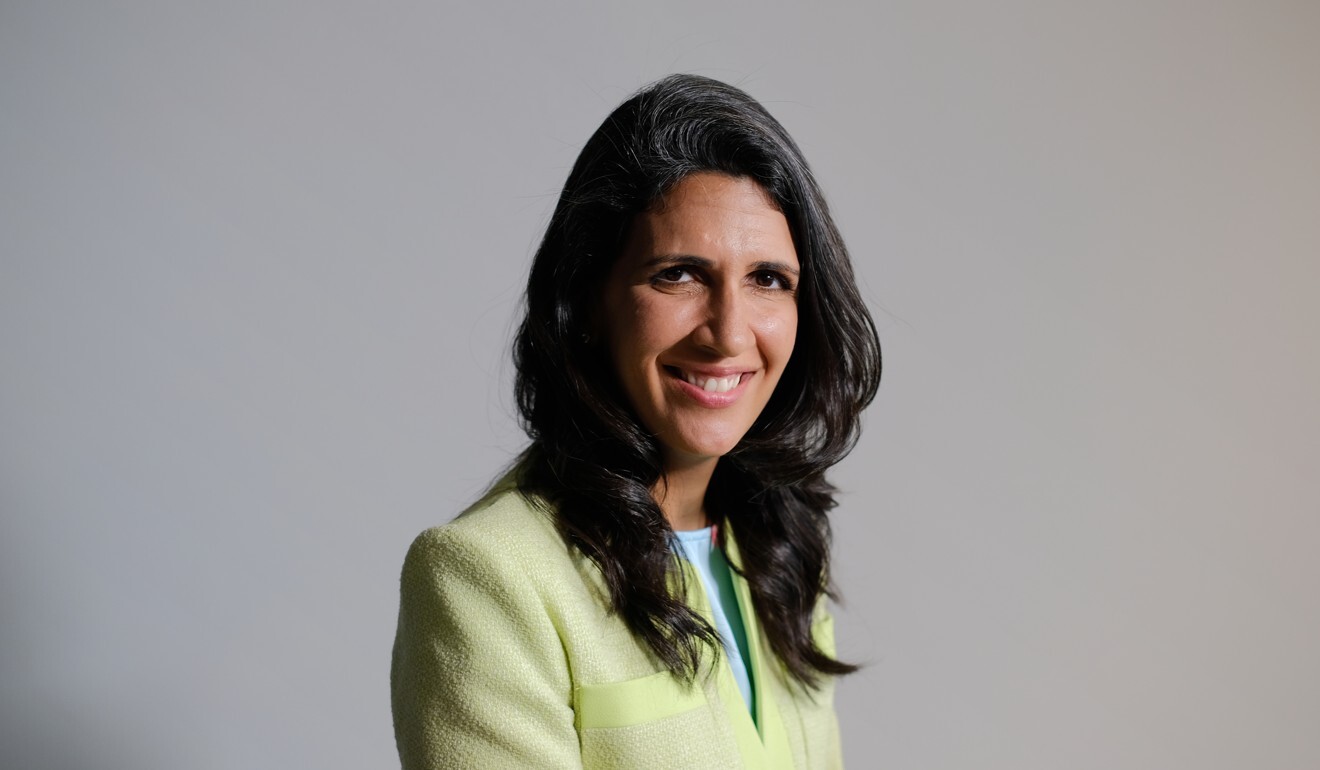
Alia Eyres, chief executive officer of Mother’s Choice, a charity for children without families and pregnant teenagers, says apart from cases of physical abuse, it has seen more child sexual abuse and emotional abuse cases, as well as neglect, during the pandemic.
The perpetrators have tended to be parents, family members, people in the neighbourhood and peers, she says.
Eyres says children are also subject to emotional abuse and neglect when their parents are stressed.
Hong Kong child murder case began with romance, ended in nightmare
She recalls a case earlier this year involving a 19-year-old single mother who gave birth to her second child, and was unable to take care of her older son.
The six-year-old boy was covered in faeces and urine, and all his teeth were rotten and full of cavities, when the charity took him to its residential care home.
“Children are more isolated at home with abusive family members, and disconnected from safe adults who they usually reach out to,” Eyres says. “Child abuse is much bigger than what is reported.”
Call for law reforms to protect children
The girl and her brother, who was eight at the time, were found with about 130 injuries. The girl died of septicaemia.
The case aroused public concern about the issue of child abuse.
Child abuse laws must be updated as a matter of urgency
Hong Kong’s laws to protect children include the Offences against the Person Ordinance, the Crimes Ordinance, the Prevention of Child Pornography Ordinance, and the Protection of Children and Juveniles Ordinance.
But experts have long argued that these are not enough.
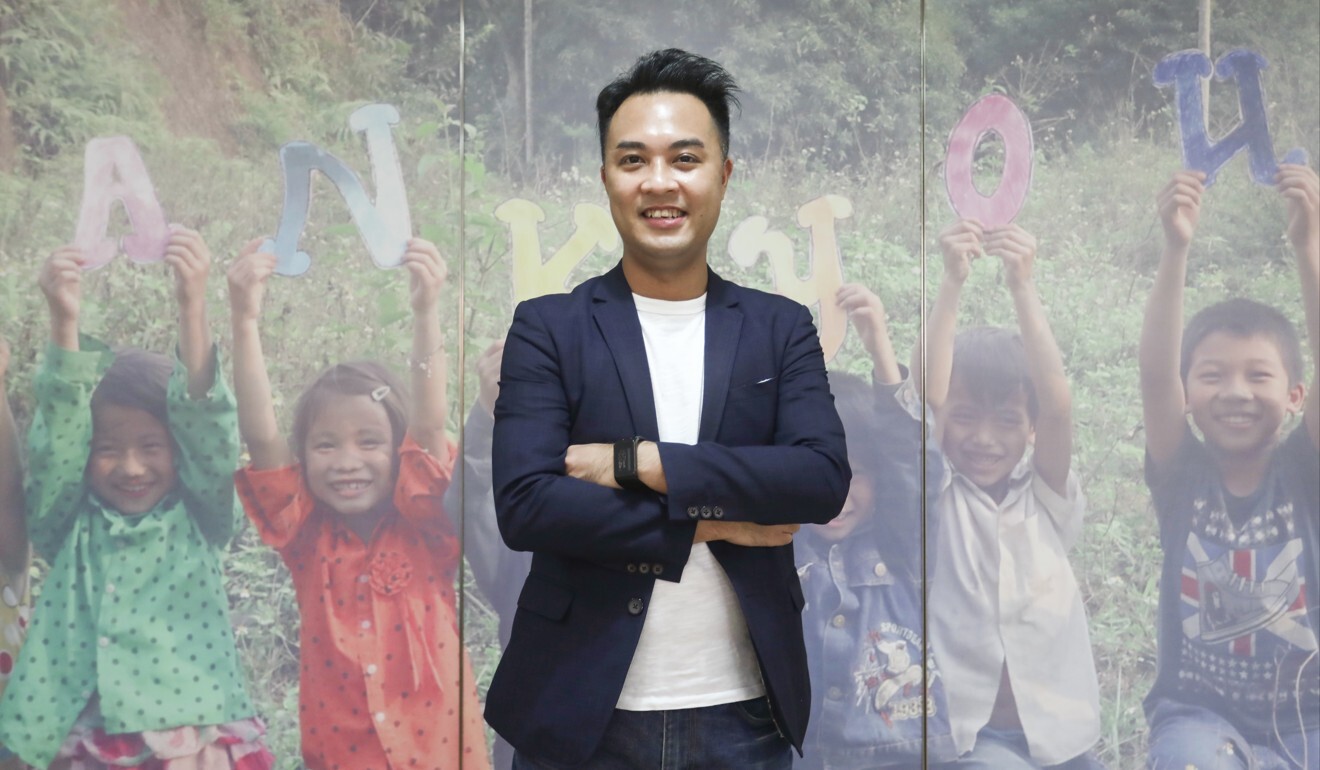
Gary Wong Chi-him, a non-official member of the Commission on Children, a panel set up by the government in 2018, says the body will soon launch a consultation on the proposal for mandatory reporting.
Some details to look at more closely include the age range of children to be protected, the people compelled to make reports – such as teachers, child care workers and doctors – the cases that must be reported, the punishments and the rights of those who make reports.
“Legislation can send a strong message that the authorities take the issue of child abuse seriously,” he says.
The Hong Kong detectives going the extra mile to help child abuse victims
But Chan, from the Hong Kong Society for the Protection of Children, says mandatory reporting may overload the existing system and take away resources from urgent cases.
Instead, she calls for more government support in preventing child abuse, including increasing manpower, enhancing training for teachers and other school staff to handle child abuse cases, and educating the public.
It is still common for Hongkongers to inflict physical punishment on children as a form of discipline.
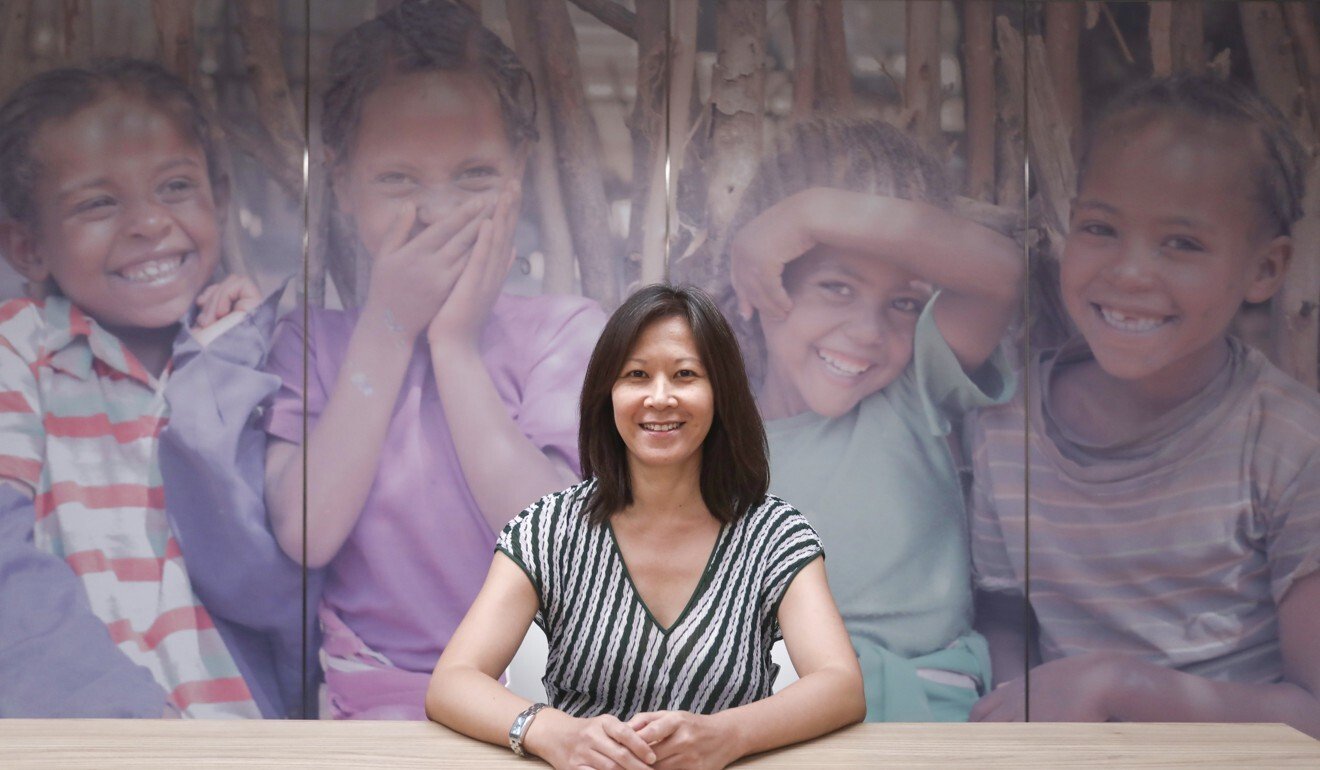
Carol Szeto, chief executive of Save the Children Hong Kong, a non-profit organisation and member of the global Save the Children movement, feels this must change as physical punishment is a form of violence, not discipline.
Corporal punishment remains lawful in the home, and various court cases have shown that Hong Kong still adopts the common law defence of “reasonable chastisement” when dealing with children who have been punished to the point of suspected abuse.
“This situation must be changed,” she says. “Child abuse can be detrimental to children’s development. We have reaffirmed zero tolerance to child abuse.”

